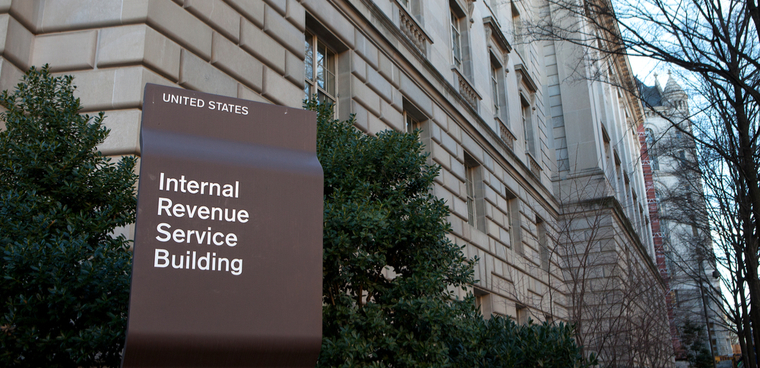Lawsuit could send unpaid feds home during shutdown
A lawsuit filed by the National Treasury Employees Union challenging the constitutionality of not paying federal employees during a lapse in appropriations could result in sending home feds unpaid amid the shutdown.

A union lawsuit meant to block the administration from recalling 45,000 IRS employees to process tax returns could have far-reaching implications for feds working without pay during the shutdown.
The injunction is part of a lawsuit from the National Treasury Employees Union that challenges the constitutionality of requiring federal employees to work without pay during a lapse in appropriations.
NTEU's request for an injunction is set to be heard in federal court on Jan. 15 before Judge Richard J. Leon.
According to the lawsuit, certain provisions of the Antideficiency Act, which is used by agencies to develop policies to cover a shutdown in the event of a lapse in appropriations, are unconstitutional. The crux of the argument is that the practice of the executive branch continuing to spend money on certain excepted or essential government functions violates the power of the purse granted to Congress in the Appropriations Clause of the Constitution.
In addition to challenging the Antideficiency Act, the suit challenges the Office of Management and Budget directive, said NTEU General Counsel Greg O'Duden in an interview with FCW. Even presuming the Antideficiency Act is constitutional, the OMB directive "allows agencies to over-designate excepted employees," he said. "Many of these jobs, the IRS jobs would be an example, don't meet the criteria for excepted employees."
Those criteria involve the protection of life and property.
The lawsuit doesn't just pertain to the IRS employees, O'Duden said. If the injunction is ultimately granted, all currently unpaid federal employees who are deemed "excepted" as opposed to "essential" could be sent home.
"If the injunction was written to address all employees who have been designated as excepted, those are the people being made to work, then it would apply to all agencies and employees," O'Duden said.
The political implications of such an injunction are not lost on O'Duden.
"If the court brought that kind of order, that would bring tremendous pressure to the political branches to do something," he said.
NTEU also represents employees at other shuttered or unfunded agencies, including the Food and Drug Administration, the National Park Service, Customs and Border Protection, the Environmental Protection Agency and the Department of Agriculture.
Last week, the House and the Senate both passed a bill that would ensure back pay for federal employees for paychecks missed during the shutdown, once they get the government fully back up and running.
But the promise of eventual paychecks doesn't solve the core problem of federal employees' going without pay for extended periods, said O'Duden.
"Just because some day down the road they may get" paid for missed payments during the shutdown doesn't change they're going weeks without pay now, O'Duden said. "They're put in an untenable position… A lot of them don't even have time to look for other work."
NTEU has a separate lawsuit in progress that charges that the practice of not paying federal employees for essential or excepted work during a shutdown constitutes a violation of the Fair Labor Standards Act. The National Air Traffic Controllers Association is also suing over a separate claim of unconstitutionality for controllers' going unpaid.
NEXT STORY: Shutdown enters day 23 with no end in sight





